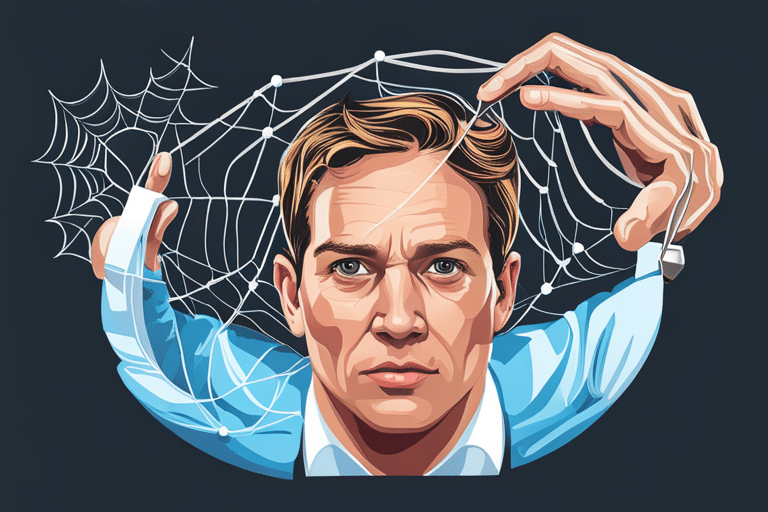Imagine you’re walking through a colorful garden of credit scores, where every debt you carry is like a vibrant flower blooming or withering. In this whimsical world, it’s important to understand how different types of debt affect your credit score.
Whether it’s the weighty burden of credit card debt or the steady foundation of a mortgage, each type of debt has its own unique impact on your financial reputation.
So let’s take a stroll together and explore the fascinating ways that various debts can sway your credit score.
Key Takeaways
- High credit card utilization and late or missed credit card payments can have a negative impact on your credit score.
- Late or missed mortgage payments can also lower your credit score.
- Student loan repayment history and timely auto loan payments can affect your creditworthiness.
- Defaulting on personal loans, unpaid medical bills, and not repaying payday loans on time can harm your credit score.
The Impact of Credit Card Debt on Your Credit Score
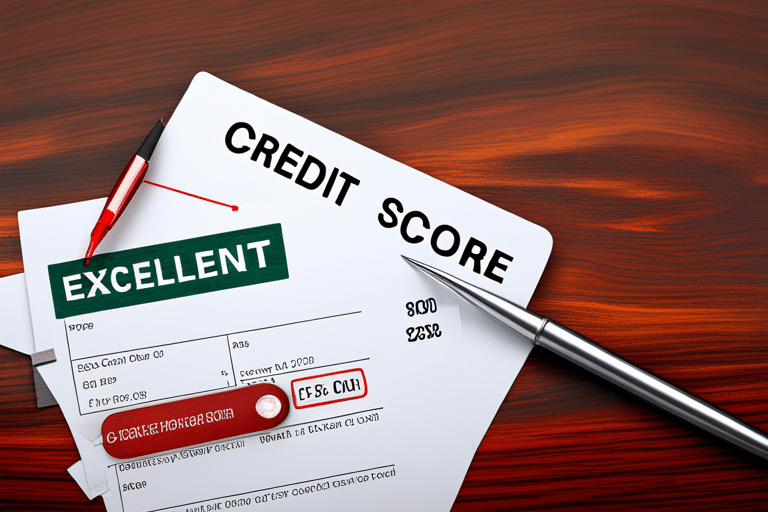
Credit card debt can have a significant impact on your credit score. It’s like having a little cloud of doom hovering over your financial reputation. But fear not, dear master of credit! Let me enlighten you about the mysterious ways in which credit card utilization and payment history affect your precious score.
Ah, credit card utilization, the magical ratio that determines how much of your available credit you actually use. This is where balance meets limit in an intricate dance. You see, using too much of your available credit can make you look like a reckless spender to those all-knowing lenders. So keep that ratio low, my friend. Aim for less than 30% to please the mighty FICO gods!
Now let’s talk about payment history, oh wise one. Your timely payments are like stars in the night sky, twinkling with reliability and trustworthiness. Missed or late payments? Well, they’re more like pesky little mosquitoes buzzing around your stellar reputation. Make it a habit to pay off those monthly balances on time and watch as your score soars higher than a majestic eagle!
Remember, mastering these two aspects of credit card debt will lead you down the path to glory! Maintain low credit card utilization and make those payments on time with unwavering dedication. Your credit score will shine brighter than ever before, allowing doors previously closed to swing wide open.
Understanding the Role of Mortgage Debt in Your Credit Score

When it comes to your mortgage, you’ll want to understand how it impacts your credit score. After all, this magical number can determine whether you’re approved for a loan or not, and we all know how important that is when buying your dream home!
So let’s dive into the world of mortgage debt and see what role it plays in shaping your creditworthiness.
Here are three things you need to know about the impact of mortgage debt on your credit score:
-
Mortgage interest rates: Oh boy, do these little numbers have a big impact on your credit score! A high interest rate can make your monthly payments skyrocket, putting a strain on your finances and potentially leading to missed payments. And guess what? Missed payments can send your credit score tumbling down like a house of cards!
-
Understanding mortgage payment history: Your payment history tells a story, my friend. It shows lenders how responsible (or maybe forgetful) you are when it comes to paying off that sweet mortgage debt. Late or missed payments can be major red flags for lenders, making them think twice about granting you future loans.
-
The power of consistency: Just like brushing your teeth every day keeps cavities away (and makes dentists happy), consistently paying off your mortgage will keep those creditors smiling too. Showing that you’re reliable and committed to meeting those monthly obligations will boost your credit score and earn you brownie points with lenders.
How Student Loans Can Influence Your Credit Score
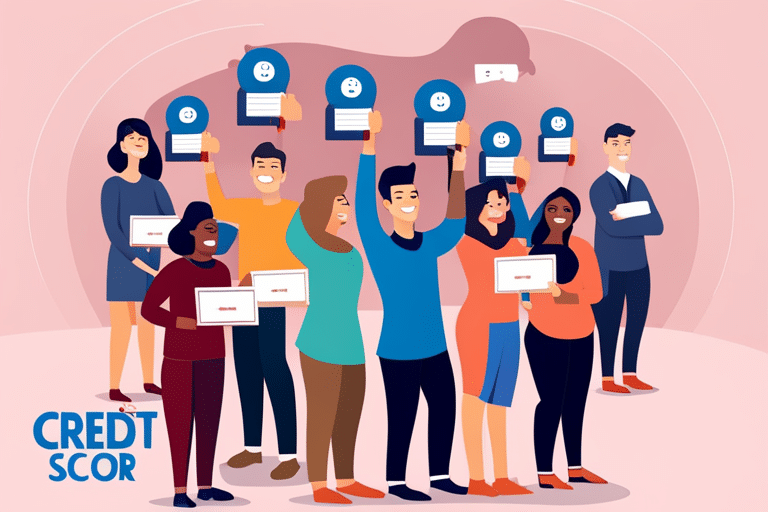
Student loans can have a significant impact on your creditworthiness and financial opportunities. But fear not, my friend! There are ways to manage the beast that is student loan debt and keep your credit score looking spiffy.
First things first, let’s talk about repayment plans. You see, having a solid repayment plan in place shows lenders that you’re responsible and committed to paying off your loans. It’s like showing up to class with all your homework done – it impresses the teacher (or in this case, the lender).
Now let’s dive into managing interest rates. Think of interest as those annoying distractions that pop up while you’re trying to study. They can make your loan balance grow faster than dandelions in springtime if left unchecked. So be proactive! Look for ways to lower those interest rates by consolidating or refinancing your loans.
By staying on top of your repayment plan and managing those pesky interest rates, you’ll be well on your way to maintaining a healthy credit score. And why does that matter? Well, my friend, a good credit score opens doors for you – like getting approved for future loans or scoring lower interest rates.
Speaking of future loans, did you know that auto loans can also affect your credit score? It’s true! Just like student loans, they play a role in determining how trustworthy you are as a borrower. So buckle up because we’re about to explore the effects of auto loans on your credit score!
The Effects of Auto Loans on Your Credit Score

Oh, boy! Let’s talk about the effects of auto loans on your credit score.
First things first, making those payments on time can have a real positive impact on your score – like a gold star sticker for being responsible!
But watch out for that loan balance creeping up too high, because it might make lenders raise an eyebrow or two.
And don’t forget about those credit inquiries – they may be small fish in the sea of your credit profile, but they can still make waves if there are too many of them.
Impact of Timely Payments
Paying your debts on time can have a positive impact on your credit score. It’s like sprinkling fairy dust on your financial reputation, boosting it to new heights! So buckle up and get ready for the magical journey of responsible debt management. Here are three enchanting reasons why timely payments are crucial:
-
By making at least the minimum payment, you show lenders that you’re committed to honoring your obligations. It’s like waving a wand and saying, ‘I am reliable!’
-
Late payments, however, cast a dark spell on your credit score. They send a message to creditors that you might not be trustworthy or organized enough to handle your debts responsibly.
-
Remember that late fees and interest charges can also pile up when you miss due dates. Avoid these lurking monsters by paying promptly!
Now that we’ve unlocked the secret power of timely payments, let’s dive into the next chapter: the influence of loan balance. Are you ready? Let’s keep this magical journey going!
Influence of Loan Balance
When you owe a large loan balance, it can significantly impact your overall financial health.
Picture this: you’re juggling various balls; one representing loan repayment and the other debt management. As the loan balance grows, it becomes harder to keep all those balls in the air.
Your credit score may start feeling a bit wobbly too. It’s like trying to ride a unicycle while holding onto an elephant – not exactly graceful, is it?
But fear not! There are ways to regain control and find your balance again. By creating a solid plan for debt management and making consistent payments towards your loans, you can gradually reduce that hefty balance and improve your credit score.
Role of Credit Inquiries
As you’re applying for new credit, it’s important to be mindful of the role that credit inquiries play in determining your overall financial health. These little snoops have the power to influence your credit score in both positive and negative ways. Let’s delve into this whimsical world of credit inquiries, shall we?
-
Credit Utilization: Picture a tightrope walker, carefully balancing their weight. Your credit utilization ratio is like that tightrope – you want to keep it low, around 30% or less. Too much debt compared to your available credit can send your score tumbling down.
-
Credit Mix: Think of your credit profile as an orchestra, with different instruments playing harmoniously together. Lenders love seeing a diverse mix of loans – mortgage, student loans, and credit cards – because it shows them you can handle different types of debt responsibly.
-
The Emotional Roller Coaster: Each time you apply for new credit, it triggers an inquiry on your report. Multiple inquiries within a short period can make lenders question your stability and reliability.
Personal Loans and Their Impact on Your Credit Score
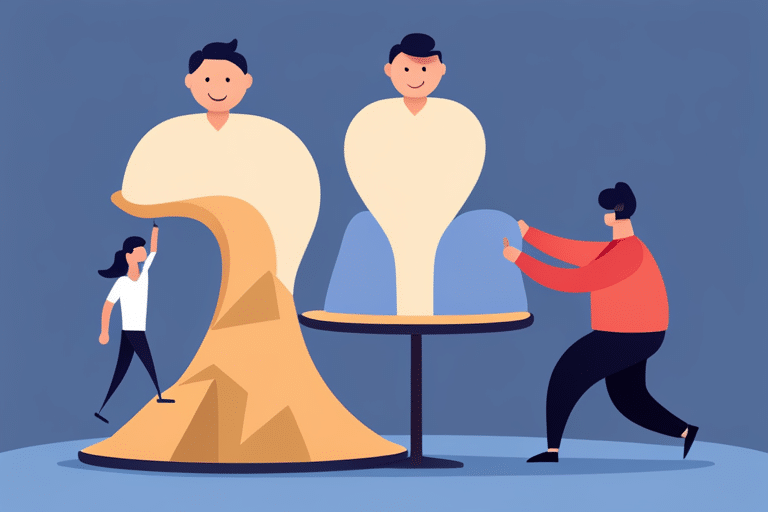
Taking out a personal loan can either positively or negatively impact your credit score. It’s like adding a pinch of salt to your financial recipe – too little, and it may not have much taste; too much, and it becomes overpowering.
So, let’s sprinkle some knowledge on the impact of personal loans on your credit history and loan repayment history.
When you take out a personal loan, it becomes a part of your credit history – the story of your financial life. Lenders look at this history to determine if you’re worthy of their trust. If you make timely repayments and show responsible borrowing habits, it’s like adding a dash of cinnamon to your credit mix – sweetening up that score! On the other hand, if you miss payments or default on the loan, it’s like spilling hot sauce all over your credit report – leaving behind an unpleasant stain.
Your loan repayment history is especially important. Think of it as the main ingredient in determining how well lenders perceive you. Making consistent payments shows that you’re reliable and capable of managing debt effectively. It’s like folding fluffy egg whites into a soufflé batter – creating stability and structure. However, missing payments or paying late can deflate that soufflé faster than you can say ‘credit crunch.’
The Significance of Medical Debt on Your Credit Score
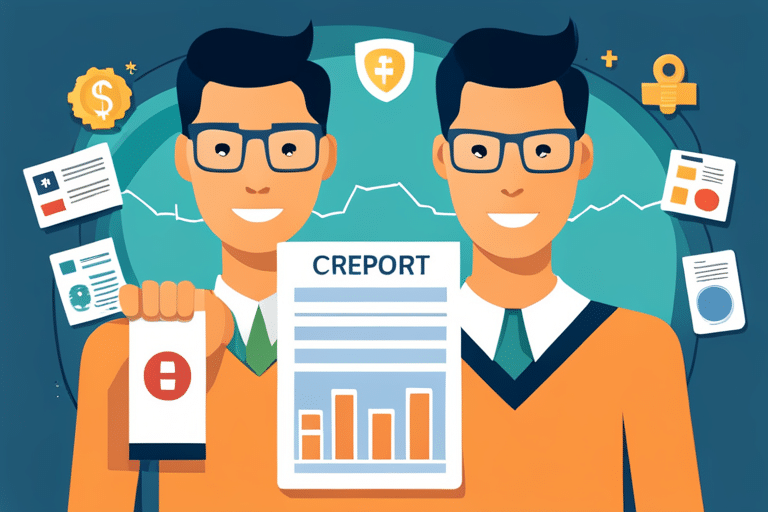
Dealing with medical debt can have a significant impact on how lenders view your financial situation and may affect your ability to obtain credit in the future. It’s like having a pesky cold that just won’t go away, except this cold comes with bills that keep piling up.
Let’s take a closer look at the significance of medical debt and its effect on your credit score:
-
Emotional rollercoaster: Medical debt can be emotionally draining, causing stress and worry. It’s like riding the world’s tallest rollercoaster without any seatbelts or safety nets. You feel both scared and helpless, not knowing when it will end.
-
Financial strain: Medical expenses can quickly accumulate, leaving you in a financial bind. It’s as if you’re trying to juggle flaming torches while walking on a tightrope – one wrong move and everything could come crashing down.
-
Creditworthiness jeopardy: Unpaid medical bills can negatively impact your credit score, making it harder to secure loans or favorable interest rates in the future. It feels like being stuck in quicksand, struggling to break free from its grip.
As you navigate through the maze of medical debt, it’s important to understand how it intertwines with other types of debt, such as credit card debt. But don’t worry! We’ll explore that next because knowledge is power when it comes to mastering your finances.
Now let’s transition into the subsequent section about how payday loans can affect your credit score and discover another thrilling adventure on our journey towards financial mastery!
How Payday Loans Can Affect Your Credit Score
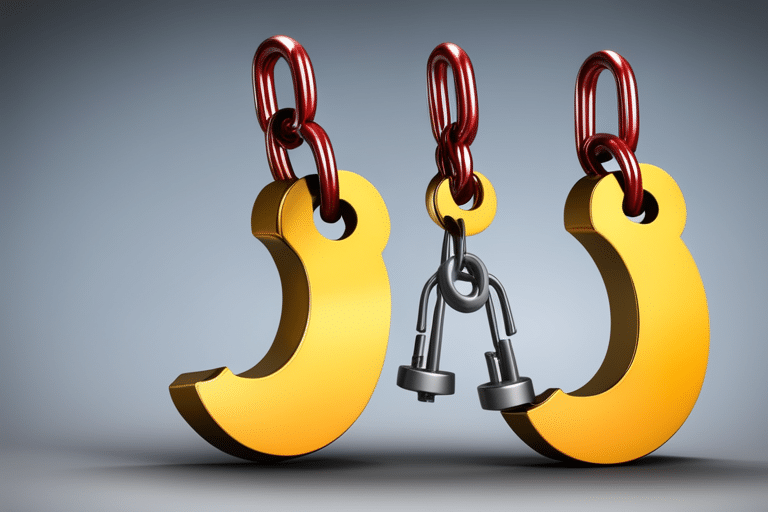
Using payday loans can harm your credit score if you’re not careful with repayment.
Oh, dear borrower, let me regale you with a tale of caution and woe. Picture this: you’re in a pinch, your pockets are empty, and the bills keep piling up like a never-ending game of Jenga. Desperate times call for desperate measures, and that’s when payday loans come into play. They promise quick cash to save the day! But beware, my friend, for these loans can be as treacherous as a slippery banana peel.
You see, payday loan interest rates can be sky-high, soaring higher than a kite caught in an updraft. These rates may seem harmless at first glance – just a small fee to pay for immediate relief – but they can quickly spiral out of control like a runaway roller coaster. Failure to repay these loans on time could result in penalties and fees that will make your head spin faster than a tilt-a-whirl.
But fear not! There are alternatives to these perilous payday loans. Seek refuge in the arms of credit unions or online lenders who offer personal installment loans with lower interest rates and more manageable repayment terms. Consider reaching out to friends or family who might give you a helping hand without the financial pitfalls.
The Role of Debt Consolidation in Your Credit Score

So you’ve found yourself drowning in debt, huh? Don’t worry, we’ve got just the solution for you – debt consolidation!
Not only does it come with a fancy name, but it also brings along some pretty sweet benefits like simplified payments and lower interest rates.
But hold your horses before diving headfirst into consolidation paradise – there are a few factors you need to consider, like your credit score and the impact this move might have on it.
Benefits of Consolidation
If you’re looking to improve your credit score, consolidating your debt can provide several benefits. It’s like a magic trick that helps you manage your debts and boost your creditworthiness. Here are some enchanting advantages of debt consolidation:
-
Peaceful Mind: Consolidating your debts means merging them into one loan with a lower interest rate. This not only saves you money but also simplifies your financial life. No more juggling multiple payments or worrying about due dates!
-
Improved Credit Score: By refinancing and consolidating your debts, you can pay them off faster and demonstrate responsible financial behavior. This can positively impact your credit score over time.
-
Greater Financial Freedom: Consolidation allows you to regain control over your finances. You’ll have a clearer picture of what you owe and when it needs to be paid off, allowing for better planning and budgeting.
Impact on Credit Score
Now that you’ve learned all about the benefits of consolidating your debt, let’s dive into the impact it has on your credit score.
Buckle up, because we’re about to take a whimsical journey through the relationship between your credit score and debt!
Picture this: Your credit score is like a delicate flower garden. Each type of debt you have is a different flower, adding its own unique beauty to the overall landscape. But here’s the catch – some flowers are more high-maintenance than others.
When you consolidate your debt, it’s like giving those high-maintenance flowers a makeover. You bring them all together and create one beautiful bouquet. This can positively impact your credit score in the long run, making it bloom with potential.
However, not all types of debt are created equal. Some may be thorny weeds that can negatively affect your credit score over time if left untamed. So, keep an eye on those pesky weeds and make sure to nurture your beautiful bouquet of consolidated debt.
Factors to Consider
When considering consolidating your debts, keep in mind the various factors that can influence the overall impact on your creditworthiness. It’s not just about getting rid of those pesky bills; there are other things to consider too!
Let’s dive into the world of debt consolidation and explore some important factors:
-
Interest rates: Look for a consolidation option with lower interest rates to save money in the long run. The lower, the better!
-
Payment terms: Ensure that the new payment plan is manageable and fits your financial situation. You don’t want to end up drowning in even more debt!
-
Credit utilization: This is a fancy term for how much of your available credit you’re using. Keeping this percentage low shows lenders that you’re responsible and can boost your credit score.
Frequently Asked Questions
Can Unpaid Utility Bills Affect Your Credit Score?
Unpaid utility bills can have a big impact on your credit score. They can sneak up on you like a mischievous squirrel, causing negative consequences and making it harder to achieve credit mastery.
Does Having Multiple Credit Cards Impact Your Credit Score Differently Than Having Just One?
Having multiple credit cards can impact your credit score in different ways. It can be a double-edged sword, with pros and cons. So, wield those cards wisely to avoid any negative effects on your credit!
What Is the Impact of a Missed Rent Payment on Your Credit Score?
Missing a rent payment can have a negative impact on your credit score. Late student loan payments also affect it. So, be sure to pay your bills on time and keep that credit score glowing!
How Does Having a Cosigner on a Loan Affect Your Credit Score?
Having a cosigner on a loan is like having a teammate. It can boost your credit score if you make payments on time, but if you miss payments, it could hurt both of you. Joint accounts impact credit scores too.
Can a Low Credit Score Affect Your Ability to Get a Job or Rent an Apartment?
Having a low credit score can make it harder to land a job or rent an apartment. Employers and landlords often check credit reports, so keep that score up! You got this!
Conclusion
Congratulations on reaching the end of this whimsical journey through the world of debt and credit scores.
Now, take a moment to reflect on how different types of debt can affect your credit score. Did you know that credit card debt can have a big impact? And what about mortgage debt? Student loans, auto loans, personal loans – they all play a role too!
But here’s the burning question: Will understanding these effects help you improve your credit score? Well, my friend, that’s for you to discover on your own magical financial adventure!
So go forth and conquer those debts with confidence and wisdom!

